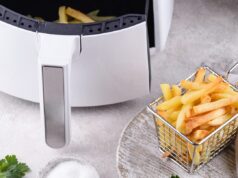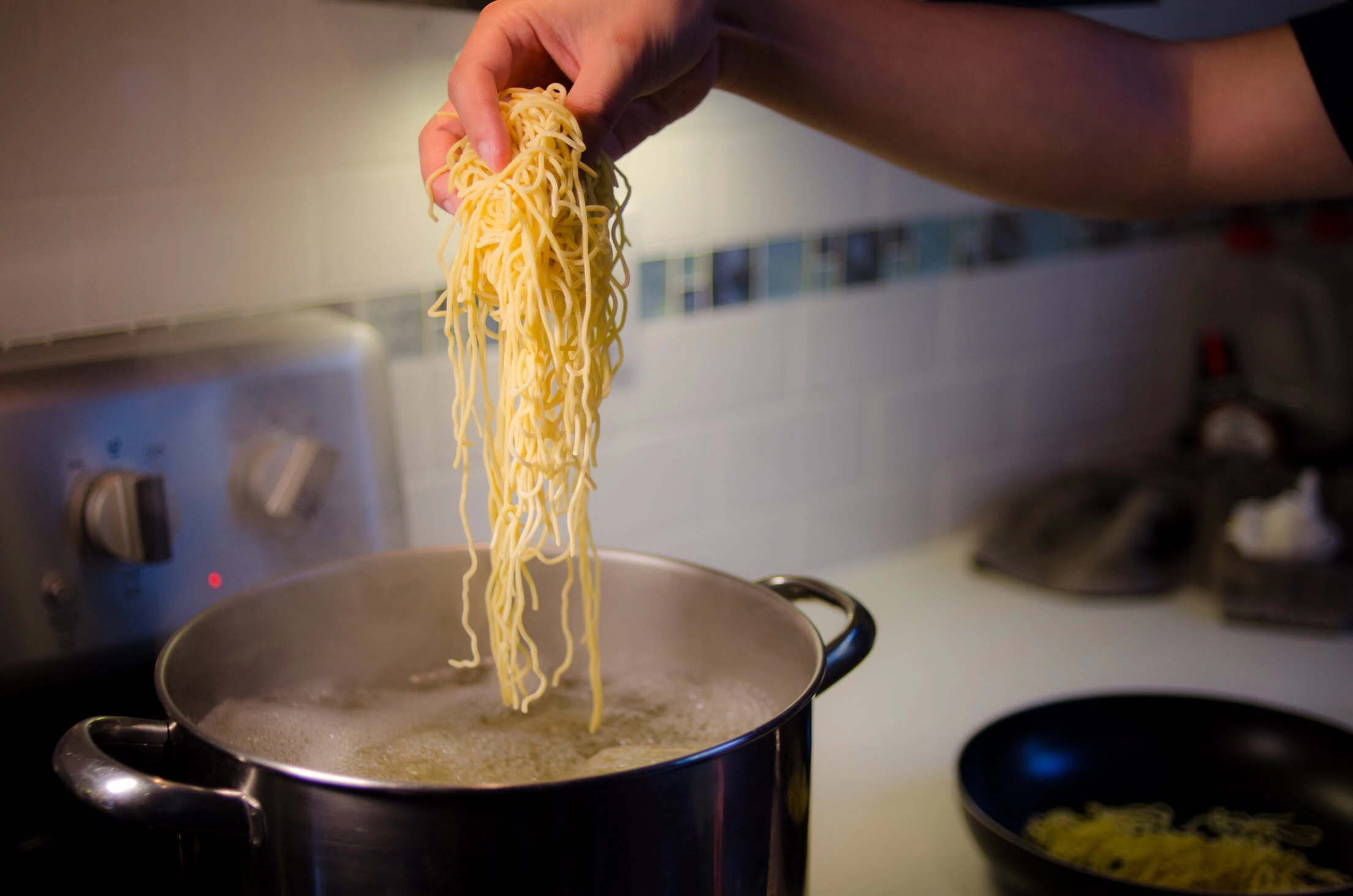
Noodles are a popular and well-liked meal. Although it is a crowd-pleasing recipe, preparing it is more complex than it appears. And perfecting the cooking of the noodles is essential to creating an outstanding noodle supper.
We’ve identified some of the most typical noodle-cooking blunders for you. You may have cooked noodles previously while avoiding these mistakes without realizing it. Check out our list of common noodle mishaps to be sure you do not forget anything. After that, go into the kitchen and begin boiling your water.
You’re about to cook some of the most delicious noodle dishes you’ve ever had.
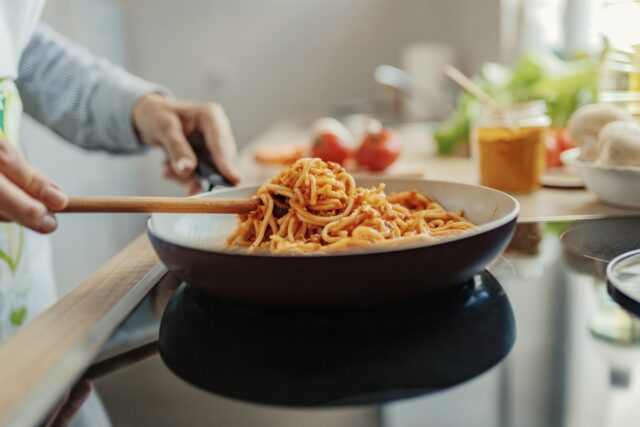
Cooking Noodles in a Small Pot
When it comes to cooking noodles, this is arguably the most prevalent error. Perhaps you don’t have a large enough pot or don’t want to wait for it to boil. There will be insufficient cooking water if you cook noodles in a tiny saucepan. When noodles are added to a small amount of water, the temperature of the water decreases more than it would in a larger volume of water, and the water takes longer to come to a boil.
That implies the noodles will spend a considerable length of time in non-boiling water, resulting in sticky, clumpy noodle strands. A high ratio of noodle starch to water can also cause stickiness in the noodles.
Long noodles will not fit in a small pot, which is the third reason for using a large pot. Breaking noodles to fit them into a small pot is considered a serious culinary offence that should be punished severely. To know about the right portion of pasta or noodles that need to be cooked, visit der-kuechenprofi.
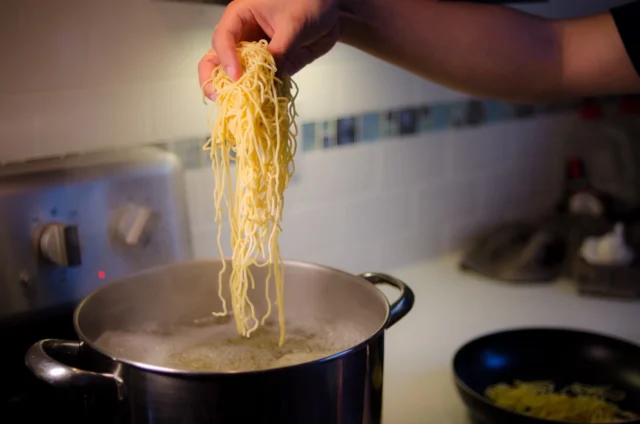
Adding Oil While Boiling Water
In the world of noodles, this is a big debate. Many chefs, including a few well-known chefs, add oil to the cooking liquid. The oil will prevent the noodles from adhering together, according to the theory. It should not become sticky if you use enough boiling water and stir the noodles frequently as they cook. When you add oil to the water, the noodles become slick, and the sauce doesn’t stick to them. There is no need for oil if you cook the noodles properly.
While we’re on the subject of oil, some individuals use it to toss cooked noodles to keep them from sticking together. It’s not a good idea to go through with it. The sauce will simply glide off the noodles as a result of this technique. To keep cooked noodles from sticking together, mix them with a bit of sauce shortly after they’ve been drained. If you aren’t intending to eat the noodles right away, run them under cold water to remove the starch, then reheat them in the sauce when ready to serve.
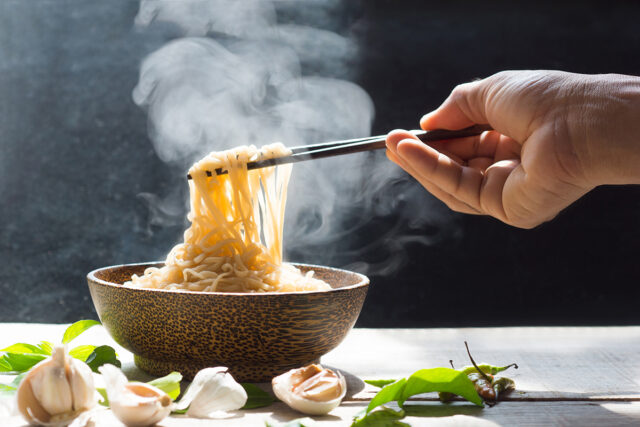
Not Adding Salt to your Noodles
You’ve probably heard it a million times: salt your noodles water! It may not seem like a big concern if you’re boiling your noodles in unsalted water. However, forgetting to add salt at the beginning of the cooking process might severely limit the quantity of flavour in your finished food.
Seasoning the water may sound stupid. You’ll utilize the water from your noodles later, and salt prevents your noodles from becoming slimy or overly starchy. Additionally, adding salt now enhances the flavour as you add sauce, vegetables, and other additions later. It’s also easy to commit another salty noodle blunder by overdoing it and salting your water too much. You’ve probably realized that every one of your noodle recipes is overly salty if you’re throwing heaping spoonfuls into your pot.
You want to find a happy medium between using no salt and using a lot of salt. When creating an entire box of dried noodles, a reasonable rule of thumb is two to three tablespoons. And you should always add salt to the water before adding the noodles.
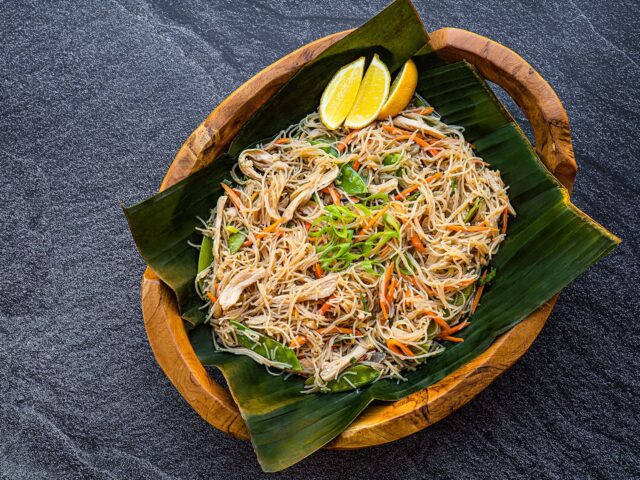
Overcooking the Noodles
Several people will cook the same noodles for up to five minutes in different ways, and each will ensure that their noodles are perfectly done. In any case, some people half-cook their noodles and people who overcook their noodles; thus, tolerating that flavour is an abstract concept. Half-cooked noodles are crispy and plainly difficult to bite, half-cooking is less common. Overcooked noodles become soft, lose their structure, and are unable to hold a sauce properly. Unfortunately, overcooked noodles can’t be saved, so you’ll have to throw them away and start over.
Testing your noodles while you cook them is the best way to ensure that they are cooked properly. On the parcel, there will be a timer for assisted cooking, so start testing the noodles about a minute before that timer expires. It’s ready when it’s solid enough to bite into. Turn off the heat when the noodles are still somewhat firm and drain them in a strainer. Shake the noodles to remove any excess water and serve immediately. The noodles continue to cook while draining in the colander, so keep in mind that anything you eat will be cooked for a little longer than whatever you’re trying in the container.
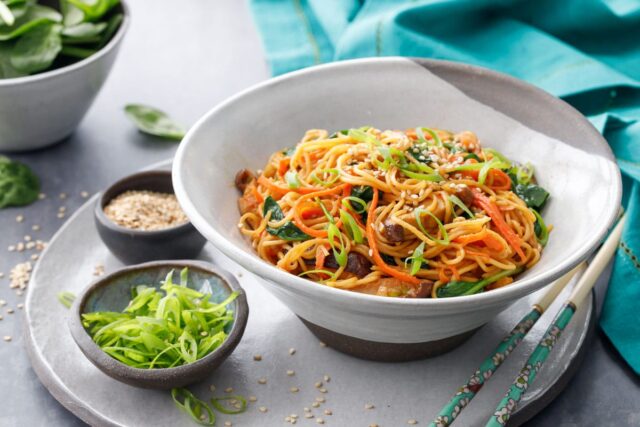
Rinsing the Noodles
After cooking, many people rinse their noodles. The only thing this does is eliminate the starch that helps the sauce hold together and absorb. You not only get rid of the clinginess, but you also get rid of the noodles’ flavour. Drain the noodles in a colander once they are al dente. Continue with the recipe after shaking the colander to remove all extra water. The only time you should rinse noodles is if you’re creating a cold noodle salad or if you’re not serving them right away and don’t want them to get sticky.
Conclusion
It’s not difficult to make noodles, but having them taste as they came from a restaurant is. These suggestions will undoubtedly be beneficial, and we are confident that you will produce superior noodles this time. So, how long are you going to be waiting? Get your noodles from the best noodle producer in the world and make a dish like you’ve never seen before! We hope you all have a good time with it!




